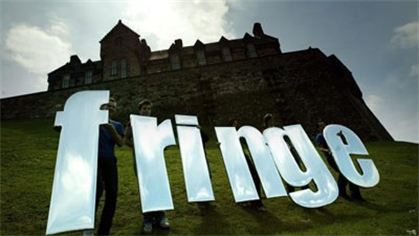
You could easily go to the Edinburgh fringe and see straightforward, one-man stand up shows five times a day, every day for the whole run. If the kind of comedy you see on Live at the Apollo is your cup of tea, you could keep yourself entertained up here and never, ever leave your comfort zone. But that, for me, is not what the fringe is about.
I like the kind of show that stumps you when people ask you “So what sort of show is it?”. The singing stand ups. The poets with PowerPoint. The lectures that make you laugh.
The beauty of these shows is that they defy classification. But when it comes to promotion, I imagine that’s also a curse. At a festival where a short, catchy pitch with your flyer may be the difference between an empty venue and an overflowing one, saying “Well it’s sort of stand up but it rhymes and not all of it is funny but I swear you’ll like it” is not going to cut it.
Therefore I have compiled a list of all the shows I’ve seen that are not so much “crossover” as happily doing the cha-cha on a traffic island with no intention of going anywhere as predictable as the pavement.
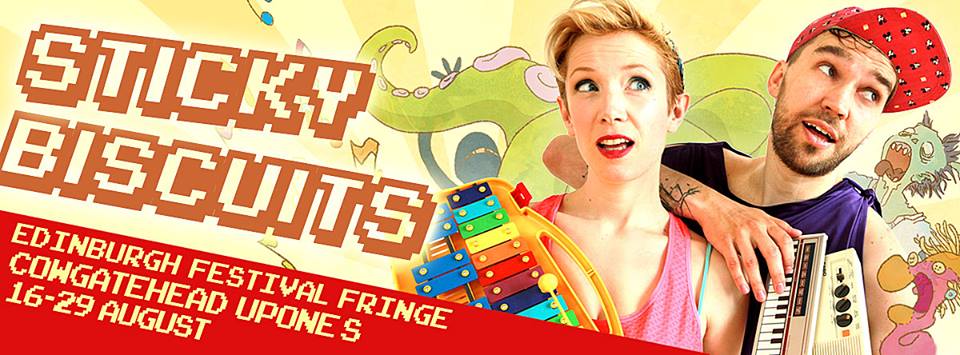
I’ll start with my personal favourite kind of comedy: singing comedians. The two stand out acts for me are Berlin based duo Sticky Biscuits and Brooklyn solo artist Jamie Kilstein.
In Jiggly Bits, The Biscuits’ song Particle Collider surprised me with its mournful tenderness and their twee ditty Sock Puppet shocked me by being the cutest song you’ll ever hear about vaginal fisting. At the other end of the comic song spectrum, polymath performer Jamie Kilstein’s latest venture, Sober Song Rants and a Cat Story, does exactly what it says on the tin. Kilstein has a diverse skillset: an accomplished improviser, professional level jujitsu fighter, polemic stand up comic and political podcaster, I was intrigued to find out what his musical comedy would be like. He does not disappoint nor does he conform. These are not the clever rhyme schemes and disarming sweetness so many singing comics utilise. They are naked rage set to killer riffs. The music alone is worth it; the words had me doubled up with somewhat bitter laughter (when I wasn’t nodding emphatically). Kilstein’s atheist take on Christian Rock is both blasphemous and biblically sound. Jesus, the “long haired man with darker skin than we were taught” is also rather more foul-mouthed than we might expect, but he’s the same compassionate, anticapitalist, sex positive activist we know and love from the Good Book itself, who would no doubt approved of Kilstein’s merciless treatment of the more wealthy, right wing, bigoted representatives of Christianity.
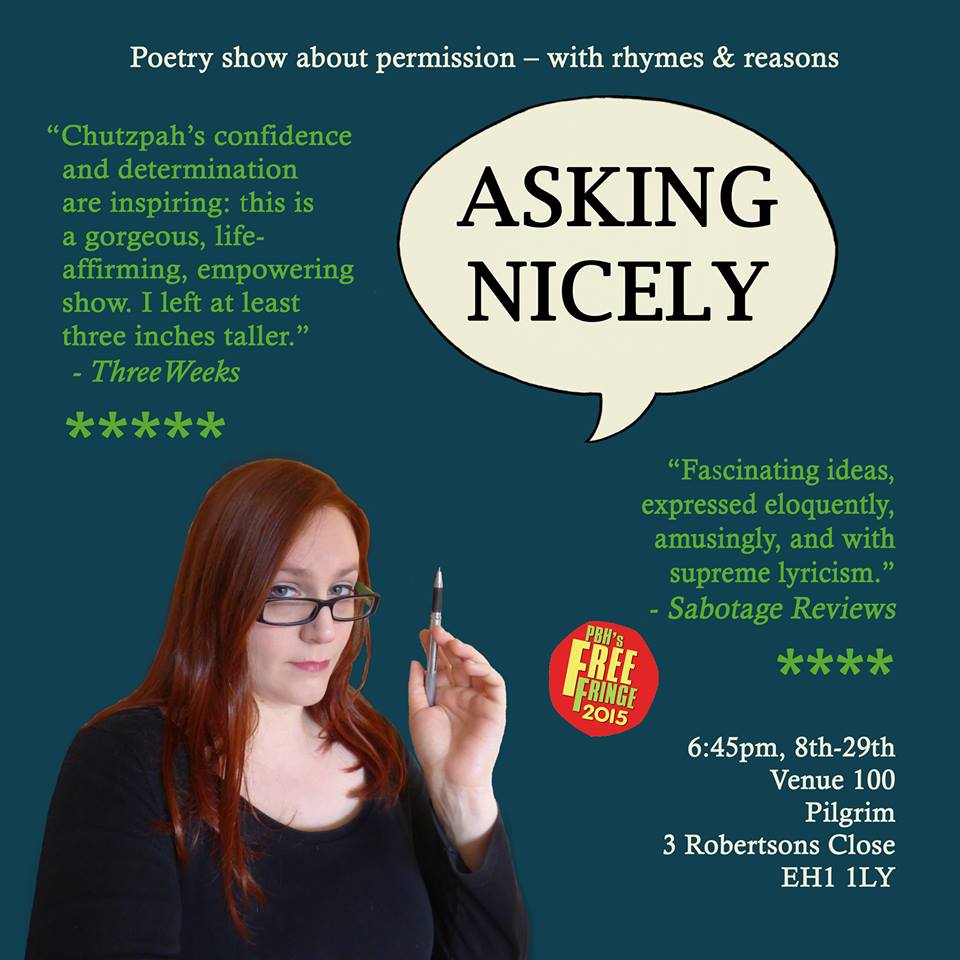
Now, spoken word… It is so hard to narrow this down when this genre covers such a wide range of performance. Poetry is spoken word, but spoken word is far more than poetry. In Asking Nicely, for example, Hannah Chutzpah links powerful poems about obedience, permission and consent with candid, nuanced discussion which is half sociology lecture and half impassioned mate down the pub. This show had me giggling, sobbing and punching the air. Sometimes simultaneously. To define such a show simply as poetry, while technically accurate, misses so much.
Similarly AJ McKenna’s tirade against the bullying, harassment and dehumanization which is often excused as “banter” cannot be described as just poetry. Howl Of The Bantee is a one woman odyssey through the deep and dangerous waters of the Internet and the terrifying realities of being transgender in 2015. McKenna talks about death threats, slurs and body counts in a chillingly casual way that reminds her audience how commonplace they are for so many marginalised groups. She furiously fights back against the bigots and yet still creates a safe and welcoming space: small, unassuming venues, she reminds us, are where revolutions start. The audience are not her enemies but her cadre, ready to take on the world. This is poetry, certainly, but it is so much more. It is direct action.

Two shows that defy classification to the point of true genre transcendence are Adventures In Menstruating with Chella Quint and Dave Pickering’s What About The Men?
These are shows nominally on opposite sides of the comedy/spoken word fence but with more in common than most. Pickering, in the spoken word corner, takes on the task of “mansplaining masculinity” to his audiences. His material is both ridiculous and dark, always informative and often heartrending. The show is both autobiographical and the product of an anonymous survey in which Pickering asked men about their thoughts on masculinity and the patriarchy. As such, it sometimes has the feel of a PHD viva. In the best possible way.
Similarly, Quint’s show is officially stand-up comedy, but with enough evidential data to potentially qualify her for a doctorate. It is a lecture, seminar, protest, sales pitch and, at one point, dance class. As we explore almost a century of misleading and hilarious ads for tampons and pads. Quint debunks the most tenacious of menstrual myths and has her audiences questioning everything they thought they knew about periods. There are plenty of laughs but, as with all the performers I’ve mentioned, there’s also a sense of a purpose, a cause driving the performance that is far more important than the punchlines. That, for me, is what makes a truly great fringe show.
(For the record, I award all these shows five stars. this sort of thing matters at the fringe, I’m told. They are more than deserving.)
Words: Sarah Thomasin.
Images © the artists.

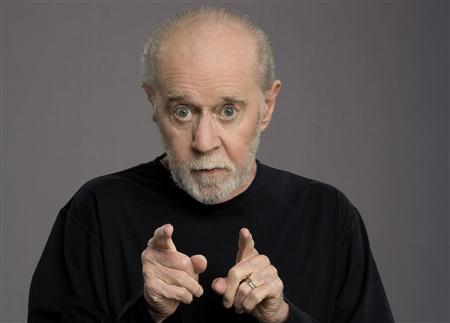

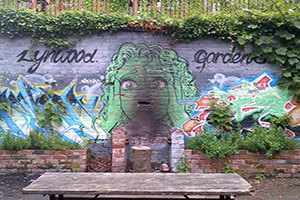
1 comment